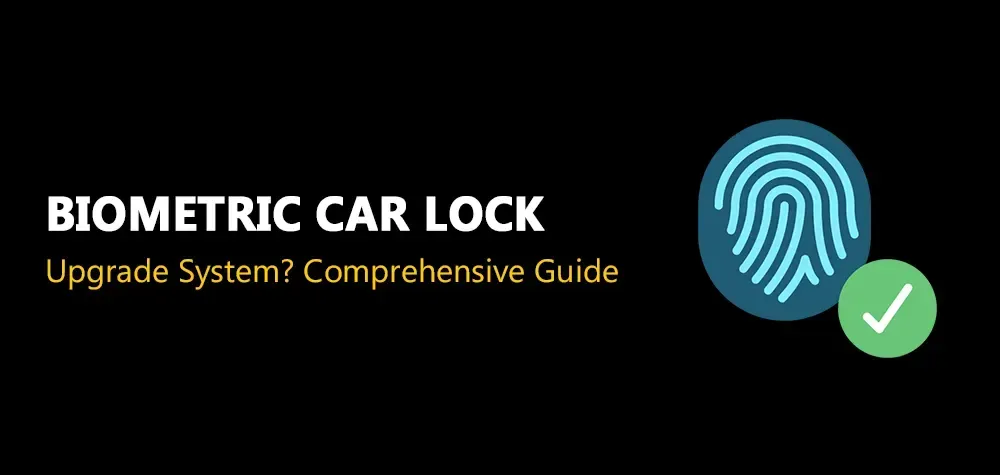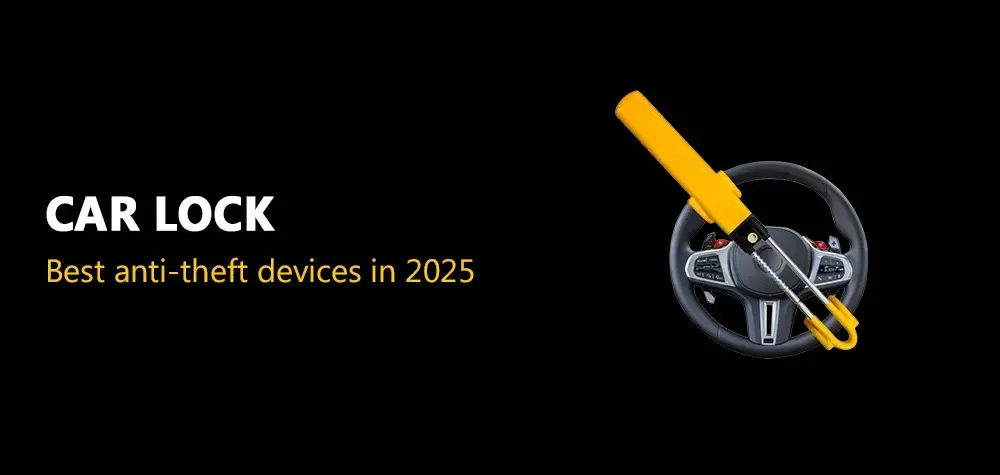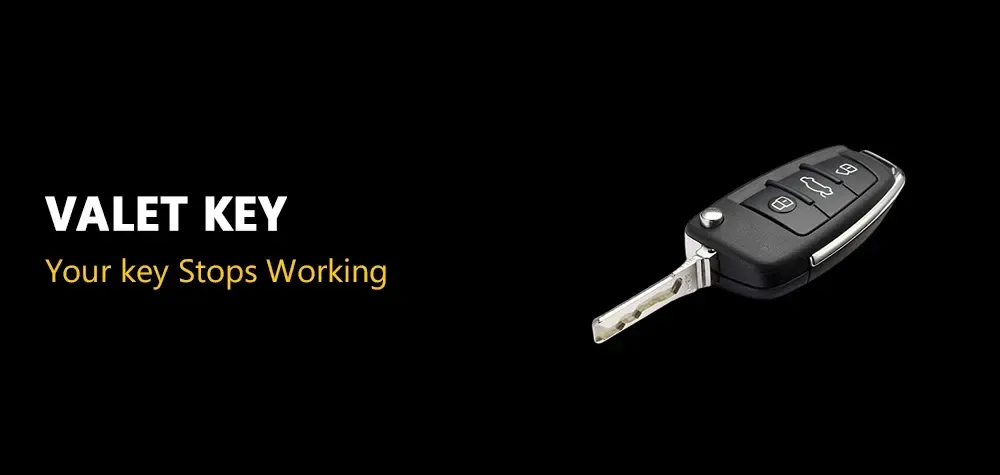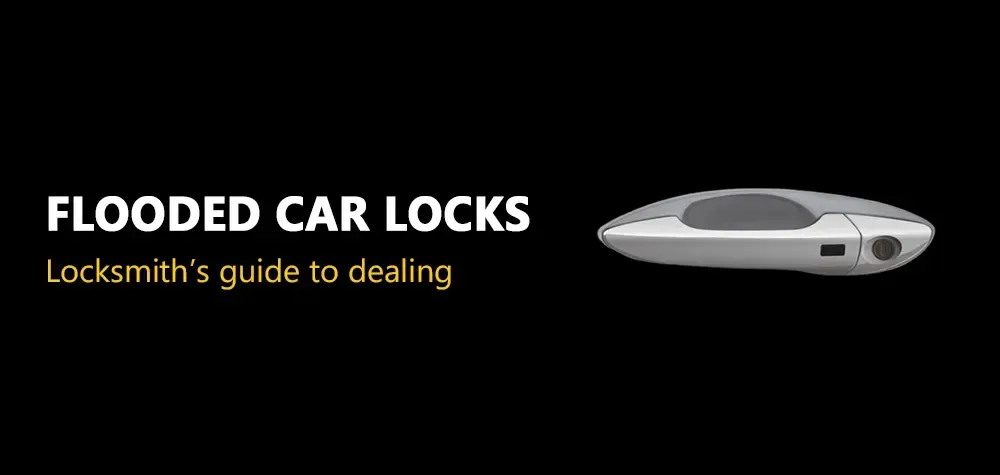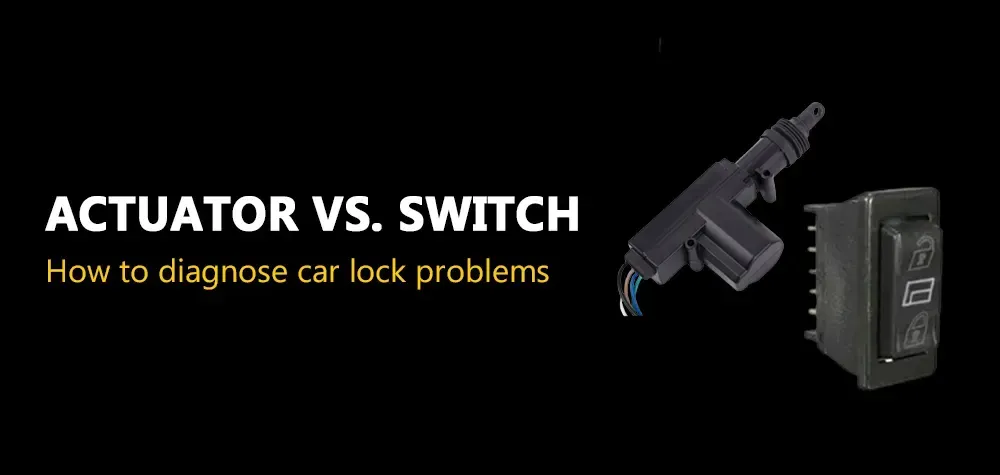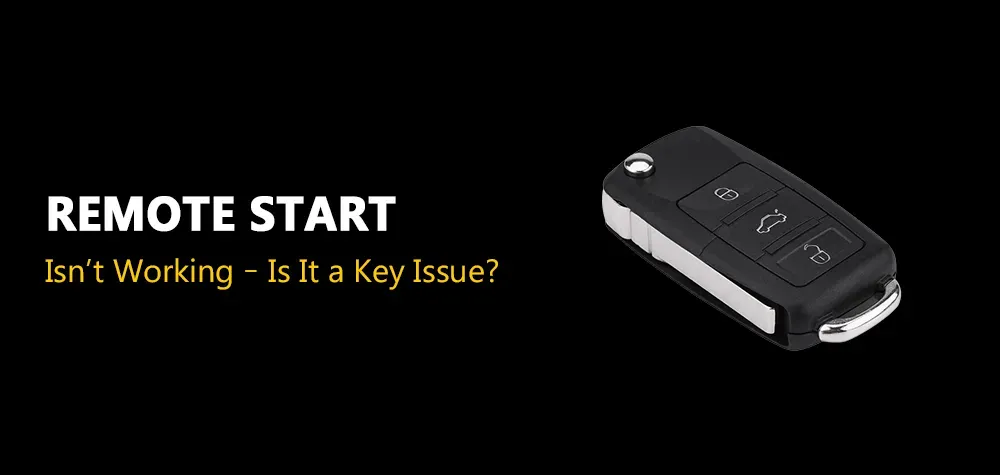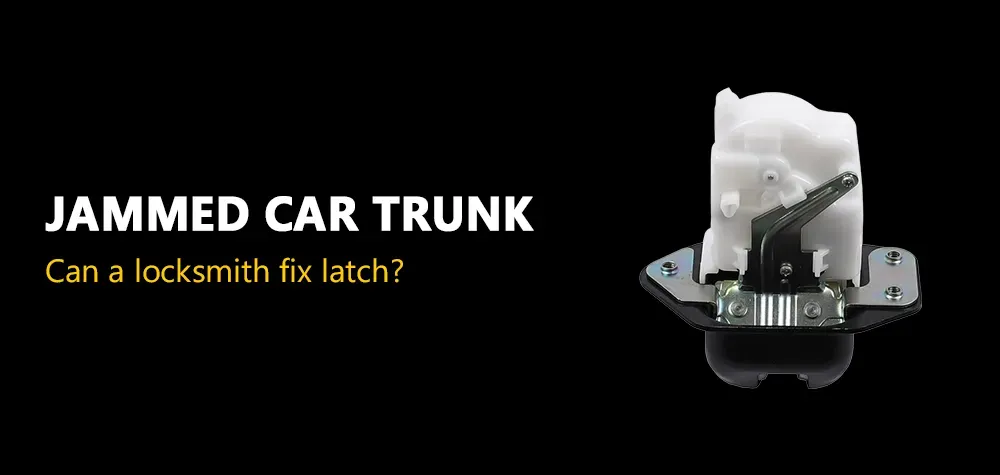How Does a Night Latch Work? An In-Depth Guide
When it comes to securing your home, understanding the mechanics behind various locking mechanisms is essential. One such mechanism is the night latch, a popular choice for doors, especially in residential settings. This type of lock is known for its ease of use, added security features, and the assurance it provides homeowners. But how exactly does a night latch work, and why is it a preferred option for many? Let's take an in-depth look at this locking system to understand its function, benefits, and potential drawbacks.
Common Signs It’s Time to Replace Your Business Locks
What Is a Night Latch?
A night latch is a type of lock commonly used on doors to provide additional security. Unlike a traditional lock, which often requires a key to open, a night latch typically operates with a handle or latch that can be engaged manually. It’s often installed at the top of a door, providing a secure way to keep it closed, even when the main door lock is not in use.
Night latches are also referred to as "rim locks" due to their placement on the rim of the door, and they are commonly found in combination with other locking mechanisms, such as deadbolts, to provide an extra layer of protection.
How Does a Night Latch Function?
A night latch works on a simple but effective mechanism: a spring-loaded latch that holds the door shut when not in use. Here’s how it typically operates:
The Latch: The key component of the night latch is its latch mechanism, which is spring-loaded. When the door is closed, the latch slides into a catch plate, holding the door shut. This is where the latch differs from a traditional bolt, which needs to be manually pushed into place.
Manual Engagement: To lock the door, you engage the night latch by either turning a knob or pulling a handle. This will move the latch into a locked position, ensuring the door cannot be opened from the outside without a key or additional unlocking mechanism.
Release Mechanism: When unlocking the door, the latch retracts, allowing you to open it. Some night latches come with a thumb turn or key to release the lock from the inside, providing easy access and exit without requiring a key from the interior.
Key Features of a Night Latch
Automatic Locking: One of the most appealing features of a night latch is its ability to automatically lock when the door closes. This gives homeowners peace of mind, as they don't have to worry about remembering to lock the door when they leave or return home.
Override Option: Unlike many other types of locks, a night latch typically includes an override feature, which allows you to unlock it from the inside without a key. This is especially useful for emergency situations where a key is unavailable or impractical to use.
Variety of Designs: Night latches are available in a variety of designs and finishes, allowing homeowners to match their locks to the style of their doors. From traditional brass finishes to sleek, modern designs, there's a night latch to fit any home.
Advantages of Using a Night Latch
Ease of Use: Night latches are incredibly easy to operate, making them ideal for households where multiple people need to use the same door lock. The automatic locking function also ensures security without requiring constant attention.
Security: A night latch adds an extra layer of security to a door, especially when used in combination with other locks, like deadbolts. While not as robust as some high-security locks, it is still a deterrent to casual burglars.
Affordable: Night latches are generally more affordable than other types of locks, making them a cost-effective choice for homeowners looking to secure their doors without breaking the bank.
Convenient: The automatic locking feature means that you don't have to worry about manually locking the door every time you leave. This is particularly beneficial for individuals who may forget to lock up.
Disadvantages of a Night Latch
While night latches offer numerous benefits, there are also some potential drawbacks to consider:
Vulnerability to Picking: While night latches provide some level of security, they can be vulnerable to picking or bypassing. Skilled burglars may be able to manipulate the latch and gain access.
Less Secure Than Deadbolts: A night latch is not as secure as a deadbolt. For those looking for high-security options, a deadbolt may offer better protection, especially when used in conjunction with a night latch.
Requires Regular Maintenance: Like any lock, a night latch requires regular maintenance to ensure it functions smoothly. Failure to lubricate the mechanism or clean it regularly may cause the latch to jam or become difficult to operate.
How to Install a Night Latch
Installing a night latch is relatively simple, but it is important to follow the manufacturer's instructions carefully. Typically, the installation involves:
Positioning the Latch: Mark the spot where you want to install the latch on the door. It should be positioned at a convenient height, usually around the top of the door.
Drilling Holes: Drill the required holes for the latch mechanism and screws. This may involve creating a recess for the latch to fit into the door.
Attaching the Latch: Secure the night latch mechanism to the door, ensuring it is level and firmly attached.
Installing the Strike Plate: Place the strike plate on the door frame, making sure it aligns with the latch. Secure it with screws.
Testing the Lock: Test the latch to ensure it locks and unlocks properly. Adjust the strike plate if necessary to ensure smooth operation.
Common Issues with Night Latches
Even though night latches are reliable, they can sometimes experience issues, including:
Latch Jamming: If the latch mechanism becomes dirty or obstructed, it may not retract properly. Regular cleaning and lubrication can help prevent this issue.
Key Problems: Sometimes, the key may become worn or damaged, making it difficult to unlock the door. Replacing the key or having it rekeyed by a locksmith can resolve this issue.
Loose Mechanism: Over time, the latch may become loose or unstable. Tightening the screws or replacing worn-out components can remedy this problem.
Conclusion
A night latch is a practical, affordable, and reliable locking mechanism for your home. Offering ease of use, automatic locking features, and security benefits, it serves as a great addition to your door security system. However, it is important to be aware of its limitations and consider combining it with other high-security locks for added protection. Whether you’re installing a new night latch or maintaining an existing one, understanding its function and potential issues will ensure that your home remains secure.
At Brothers Locksmith, we specialize in helping homeowners find the right security solutions for their needs. Whether you’re considering installing a night latch or need assistance with your existing locks, our expert locksmiths are here to help you every step of the way. Contact us today for reliable, professional locksmith services!
Call Us Any Time!
